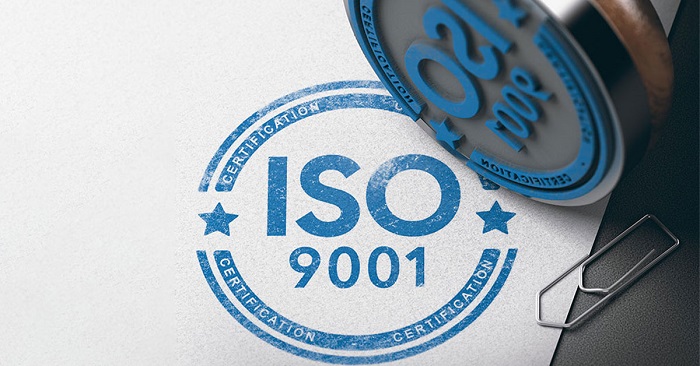ISO certification refers to the standards set by the International Organization for Standardization (ISO), which ensure that products, services, and systems meet world-class specifications for quality, safety, and efficiency. ISO certifications are a mark of credibility and trust that signify a company’s commitment to meeting the needs of their customers and stakeholders.
Importance of ISO Certification
ISO certifications play a crucial role in enhancing the quality of products and services across various industries. They help businesses to streamline their processes, reduce waste, and improve efficiency, ultimately leading to increased customer satisfaction. Companies that achieve ISO certification can demonstrate their commitment to maintaining high standards, which can provide a competitive advantage in the marketplace.
Types of ISO Certifications
There are numerous types of ISO certifications, each catering to different aspects of business operations. Some of the most commonly sought-after certifications include:
- ISO 9001: Quality Management Systems
- ISO 14001: Environmental Management Systems
- ISO 45001: Occupational Health and Safety Management Systems
- ISO 27001: Information Security Management Systems
- ISO 17100: Translation Services Management Systems
ISO 17100: translation services
ISO 17100 is a specific standard that defines the requirements for translation services. This certification ensures that translation service providers adhere to a recognized set of processes and deliver high-quality translation services. ISO 17100 covers all aspects of the translation process, including human resources, technical resources, quality management, and project management. It is designed to provide a comprehensive framework for managing translation projects effectively and efficiently.
Benefits of ISO 17100 Certification for translation services
Achieving ISO 17100 certification can bring several benefits to translation service providers, including:
- Quality Assurance: Ensures that translation services meet high standards of quality.
- Consistency: Provides a standardized approach to managing translation projects.
- Customer Satisfaction: Increases customer trust and satisfaction by demonstrating a commitment to quality.
- Efficiency: Streamlines processes and reduces errors, leading to more efficient operations.
Key elements of ISO 17100 certification
ISO 17100 certification requires translation service providers to adhere to specific requirements in the following areas:
- Human Resources: Ensuring that translators, reviewers, and project managers are qualified and competent.
- Technical Resources: Utilizing appropriate technology and tools to support translation activities.
- Quality Management: Implementing procedures for quality control and continuous improvement.
- Project Management: Managing translation projects effectively from start to finish.
How to obtain ISO certification
Obtaining ISO certification involves several steps, including:
- Gap Analysis: Identifying areas where current practices do not meet ISO standards.
- Implementation: Developing and implementing processes to address the gaps identified.
- Internal Audit: Conducting internal audits to ensure compliance with ISO standards.
- Certification Audit: Engaging an accredited certification body to conduct an external audit.
- Certification: Receiving the ISO certification upon successful completion of the audit.
Why businesses seek ISO certification
Businesses seek ISO certification for various reasons, including:
- Market Access: Many markets and clients require ISO certification as a prerequisite for doing business.
- Reputation: ISO certification enhances a company’s reputation and credibility.
- Efficiency: Improved processes and reduced waste lead to cost savings and increased profitability.
- Risk Management: ISO standards help businesses identify and mitigate risks.
ISO Translator and management system certifications
For businesses in the translation industry, having ISO 17100 certification and ISO translator certifications can significantly enhance their credibility and trustworthiness. These certifications assure clients that the translation services provided are of the highest quality and adhere to internationally recognized standards. Moreover, obtaining management system certifications such as ISO 9001 or ISO 27001 can further demonstrate a company’s commitment to quality management and information security, respectively.
ISO certification is a valuable tool for businesses looking to improve their processes, ensure quality, and gain a competitive edge in the marketplace. Whether it’s ISO 17100 for translation services or other management system certifications, achieving ISO certification demonstrates a company’s dedication to excellence and continuous improvement. For more information on ISO certifications and how they can benefit your business, visit https://iso17100.org.
Incorporating these standards can help businesses not only meet but exceed customer expectations, paving the way for long-term success and sustainability in their respective industries.





Оставить ответ